By Martin Hardie
As Spain’s Operacion Puerto trial neared the end of its second week, the Australian Crime Commission has released a report that exposes what it calls widespread doping in many Australian sports, along with links to organized crime involved in the supply of doping products and match fixing. This report follows up the USADA Armstrong case and further exposes the lie peddled in the Anglo-American world that doping in sport is something that only happens somewhere else, for example in European countries like Spain, or in sports like cycling.
Despite this, in the wake of the Crime Commission report Aurora Andruska – who is the chief of Australia’s anti-doping agency (ASADA) – continued to tell the media that Australian athletes are more morally upstanding and less likely to dope than those of other countries. This claim echoes the one made by the Anglophone cycling media and the UCI for many years: that Anglo-American athletes were much cleaner and fairer than their counterparts in countries such as Spain. In a post-Armstrong sporting world and following the Crime Commission report, Andruska’s repetition of this rhetoric appears to be a little out of sync with reality.
On Twitter, the Australian businessman behind the Change Cycling Now group, Jaimie Fuller, has applauded the recent efforts by the Australian Government as another example of how Anglos do it so much better than the Spanish. This is despite the fact that Spain is still the only country to tackle the doping issue at its source. By focusing upon the trafficking and supply of doping products, Guardia Civil Operacions such as Mamut and Puerto have exposed the importation of doping products from the Gropep laboratory which was established with Australian Government money. They have also tackled the problem as a health and systemic issue rather than of individual moral failings by sports people. Rather than applauding this approach, critics such as Fuller have sought to condemn what they call the ongoing coverups by the Spanish Government and Courts in relation to Puerto. However, people who are quick to condemn Spain were very silent and did not scream “cover up” when the Australian Prime Minister, Julia Gillard, refused to publicly release the full detail of the Crime Commission report.
The problem for the Australia Government now is that it appears that the public version of the Crime Commission report is just the tip of the iceberg. The Government and ASADA are in damage control and the countriy’s top football leagues (Australian football’s AFL and Rugby League’s NRL) are in crisis. Given one team, Essendon, faces the possibility of having most of its team banned, the head of the AFL, Andrew Demetriou, had to go so far as to calm public concern by reassuring them that the football season would still commence as planned.
To make matters worse, Australia’s national broadcasting network, the ABC, has suggested that there exists, buried deep in a vault, an investigation that exposes institutionalised doping practices in a Government-funded Olympic Sport. In preparing a report for the Commonwealth, Government investigators interviewed Australian Olympic athletes. One interview documents a ‘don’t ask questions’ approach which sounds eerily similar to the stories of the old East Germany, and includes claims by athletes that in the Australian Institute of Sport (AIS) environment they are treated as guinea pigs and told by Institute staff to take performance enhancing drugs which in some cases have led to adverse health effects. Claims such as this are similar to those recently made by the former track cyclist Martin Vinnicombe concerning his time in the AIS in the 1980s and 1990s.
As a result of the cover up of the report, its full details are still unknown, but, one thing we now know for certain is that when it comes to doping practices, for too long the Anglo-American world has wrongly pointed the finger elsewhere.
* * * * *
Martin Hardie teaches law at Deakin University. He has worked as a cycling journalist in Spain and contributes on an occasional basis to El Pais newspaper. He has also co-authored the report “I Wish I Was Twenty One Now – Beyond Doping in the Australian Peloton” which is available in print and on Amazon kindle. He organised the New Pathways for Pro Cycling Conference in Geelong held in September of 2012. He is included in the WADA Social Science Research Directory and was been invited by USADA to speak at their symposium on Deterring Athletes from Using Performance-Enhancing Drugs in Atlanta, Georgia, USA in October 2012.

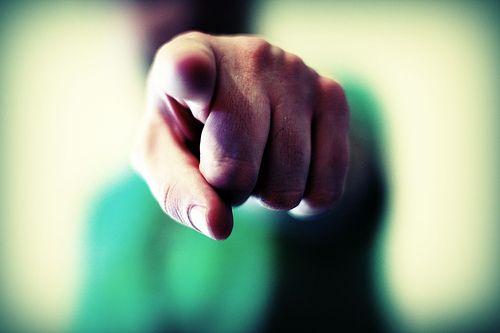

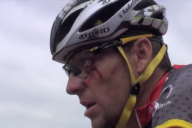






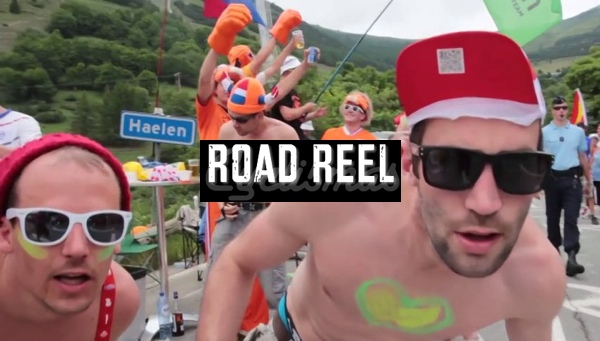
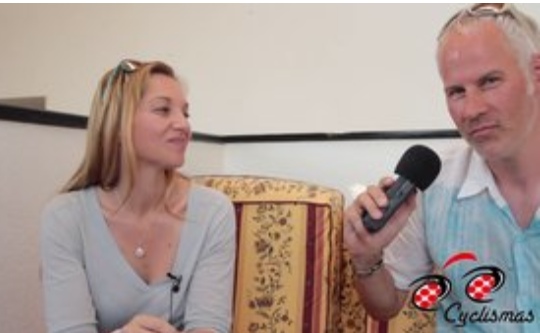
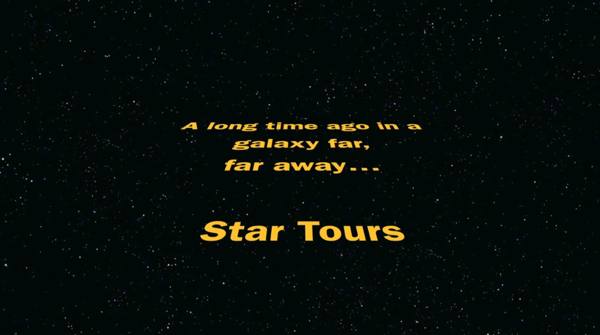
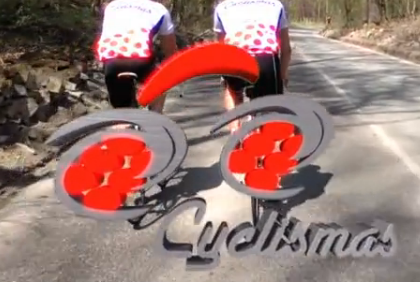

1 Comment
” This is despite the fact that Spain is still the only country to tackle the doping issue at its source.”
I really hope that Spain is not the yardstick by which European anti-doping efforts are being measured in other parts of the world.